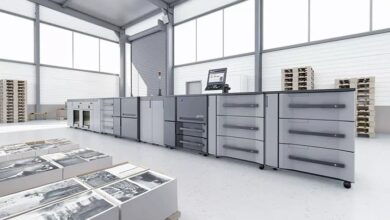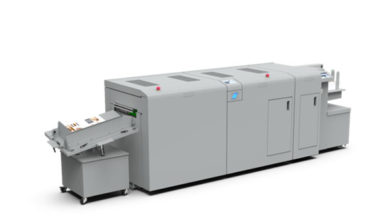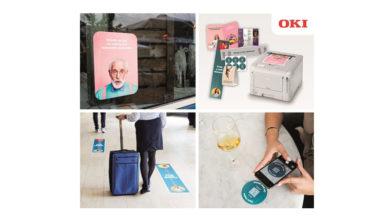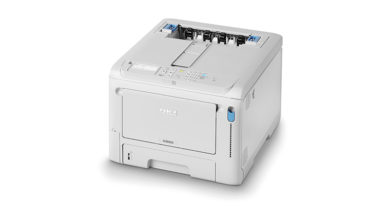3D Printed Organs At Bargain Price
Any patient who needs an organ transplant has to put her name on a list. Wouldn’t it be better if doctors could simply print out a liver or a heart on demand?
At Carnegie Mellon University, researchers are making big strides toward this future.
They bought a consumer-level 3-D printer anyone can purchase online for about $1,000, and hacked it to print soft materials.
“We’ve been able to take MRI images of coronary arteries and 3-D images of embryonic hearts and 3-D bioprint them with unprecedented resolution,” Adam Feinberg, an associate professor of Materials Science and Engineering and Biomedical Engineering at Carnegie Mellon University, said in a press release.
Like most 3-D printers, the one Feinberg and his team purchased was designed to print plastic or metal. Normally, it deposits material onto a surface layer-by-layer until the object is built up into the required shape.
Printing soft materials is a bigger challenge because the materials normally collapse under their own weight when printed. Imagine trying to print Jello layer-by-layer. It wouldn’t hold its shape. And printers capable of creating soft objects cost about $100,000 each.
Feinberg and his team hacked the inexpensive printer to print gooey, biological material such as collagen, the connective tissue that keeps skin firm, and fibrin, the fibrous protein involved in blood clotting. Instead of layering the software materials on a flat surface, they printed the materials in a supportive gel.
See the video below for more details on how it works.
After the object, such as a branching artery, was printed, the scientists warmed the gel to body temperature, which caused it to melt away, leaving the bioprinted structure behind undamaged.
The researchers have named this sophisticated 3-D printing technique FRESH, an acronym that stands for Freeform Reversible Embedding of Suspended Hydrogels.
Next, the group aims to find a way to incorporate real heart cells into 3D-printed tissue structures to help form contracting muscle.
To help accelerate development in this fascinating emerging field, the Carnegie Mellon team will release their 3-D printer designs under an open-source license.





